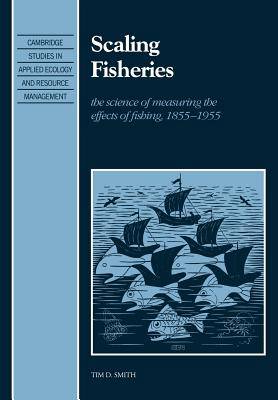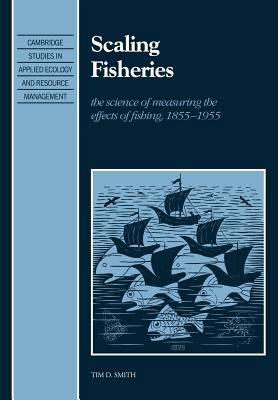
Bedankt voor het vertrouwen het afgelopen jaar! Om jou te bedanken bieden we GRATIS verzending (in België) aan op alles gedurende de hele maand januari.
- Afhalen na 1 uur in een winkel met voorraad
- In januari gratis thuislevering in België
- Ruim aanbod met 7 miljoen producten
Bedankt voor het vertrouwen het afgelopen jaar! Om jou te bedanken bieden we GRATIS verzending (in België) aan op alles gedurende de hele maand januari.
- Afhalen na 1 uur in een winkel met voorraad
- In januari gratis thuislevering in België
- Ruim aanbod met 7 miljoen producten
Zoeken
€ 134,45
+ 268 punten
Uitvoering
Omschrijving
Since the industrialization of fishing, fisheries scientists have been subject to intense economic and political pressures, which have affected the way the science has developed. The origins and effects of these pressures are traced in this book to concerns about determining the causes of fluctuations in fish and whale catches, and to resistance to regulation of fishing activity when populations are depleted. The development of partial theories of fish population dynamics are described using examples of both national and international fisheries. The causes of the difficulties encountered in generalizing these theories are examined, setting the stage for the limitation of scope of these studies that still influences the form and extent of fisheries research today.
Specificaties
Betrokkenen
- Auteur(s):
- Uitgeverij:
Inhoud
- Aantal bladzijden:
- 412
- Taal:
- Engels
- Reeks:
Eigenschappen
- Productcode (EAN):
- 9780521038966
- Verschijningsdatum:
- 16/08/2007
- Uitvoering:
- Paperback
- Formaat:
- Trade paperback (VS)
- Afmetingen:
- 170 mm x 244 mm
- Gewicht:
- 653 g

Alleen bij Standaard Boekhandel
+ 268 punten op je klantenkaart van Standaard Boekhandel
Beoordelingen
We publiceren alleen reviews die voldoen aan de voorwaarden voor reviews. Bekijk onze voorwaarden voor reviews.









